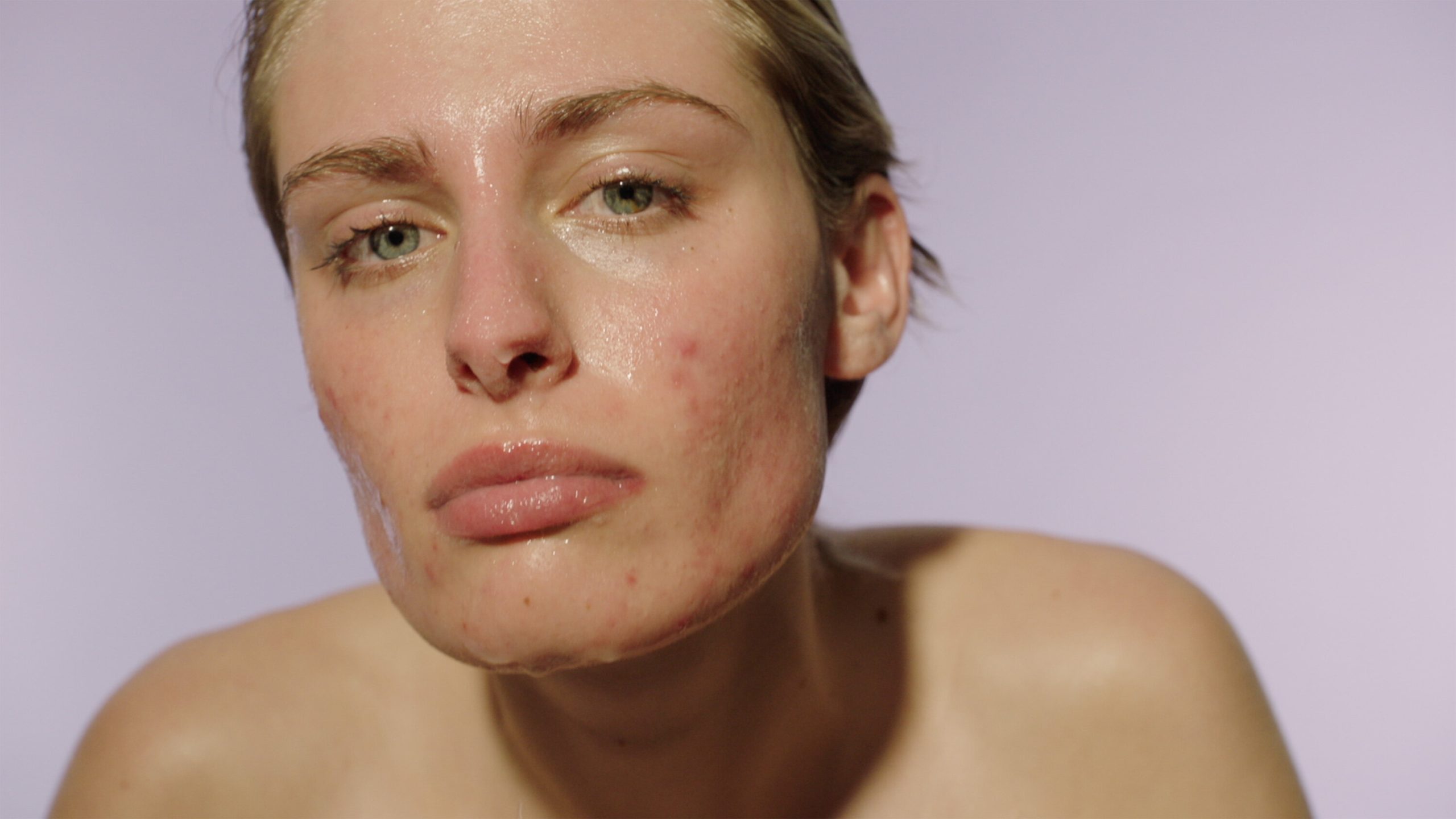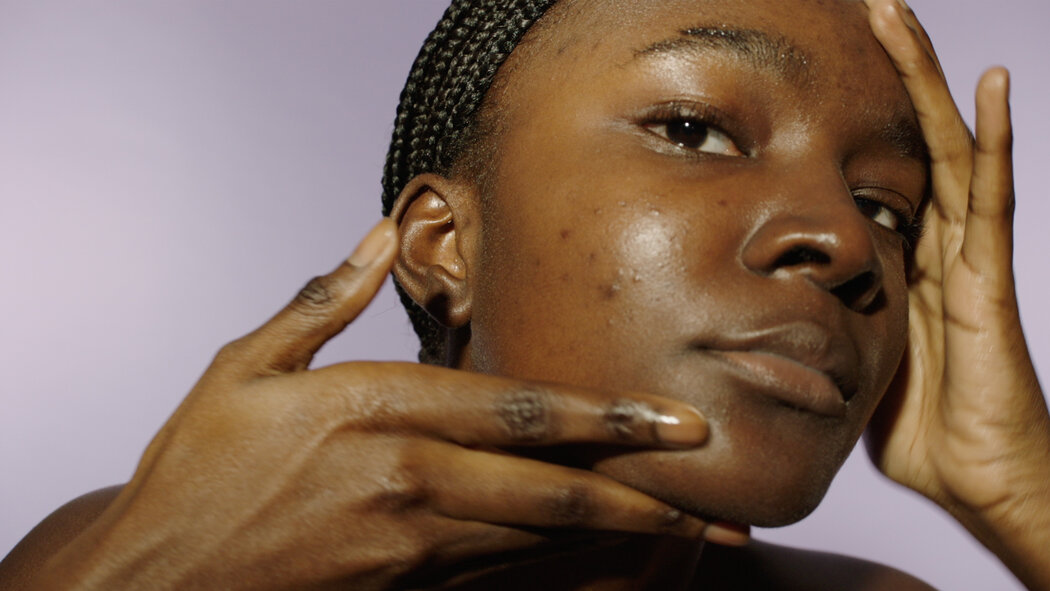Why do we get acne well beyond our teenage years? The answer is complex. Myriad factors — including genetics, environment, stress levels, hormonal changes, medical conditions and diet — can lead to blemishes at any stage in life. Some of these triggers can send sebaceous glands, the tiny organs that lubricate your skin with oil, into overdrive, clogging your pores. That buildup of oil and dead skin can then become a breeding ground for acne-causing bacteria. While some variables aren’t always in our control, the best defense against adult acne is a consistent, strategic skin care routine. (A few other basic rules: Try to keep your hands away from your face as much as possible, use a clean towel after cleansing and wash your bed linens weekly.) Here, a simple regimen that aestheticians and dermatologists suggest for managing breakouts at home.
1. Cleanse with a gentle face wash
In the morning and evening, a hydrating cleanser with soothing ingredients, such as ceramides, glycerin or allantoin, can balance and prepare the skin for targeted acne treatments. Dr. Adeline Kikam, a Texas-based dermatologist, recommends nonfoaming cleansers, which are less likely to strip moisture away. Sean Garrette, an aesthetician who has also worked as a brand consultant for Dior and Fenty Beauty, suggests Prequel’s Non-Drying Glycerin Cleanser. Klur’s Gentle Matter Cleanser is another effective option.
For those with facial hair, Garrette recommends swapping in a cleanser with benzoyl peroxide, a topical antibacterial, two or three evenings a week to reduce any inflamed bumps that may appear in the hair follicles. He suggests massaging CeraVe’s Acne Foaming Cream Cleanser into damp skin for one minute, or applying it as a mask to the affected areas for three to five minutes before rinsing.

